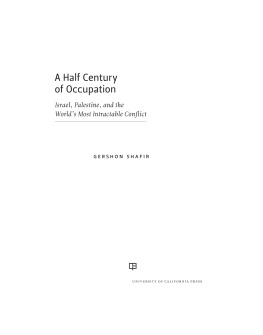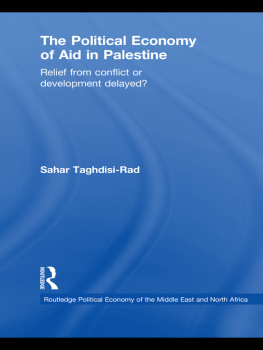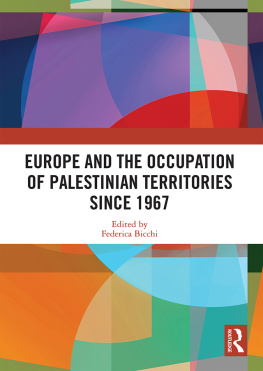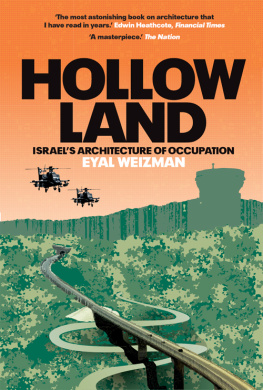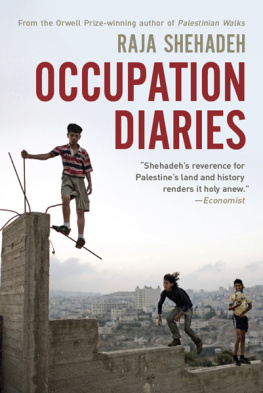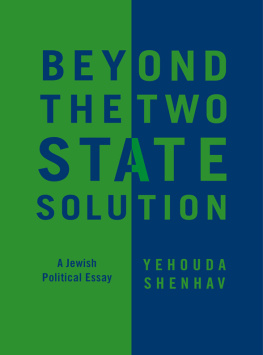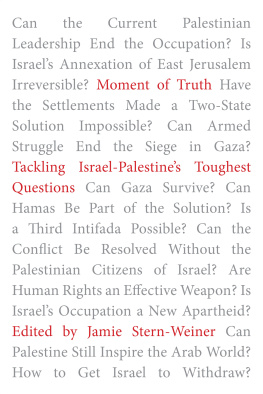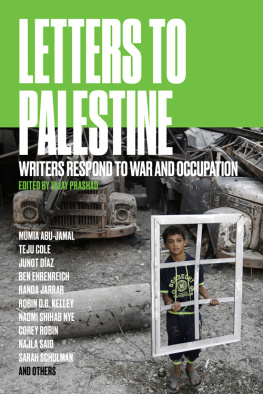Introduction
In 1851, the British historian Sir Edward Creasy coined the term decisive battle, a battle that may give an impulse which will sway the fortunes of successive generations of mankind. The 1967 War was such a battle, and though Israelis commonly call it the Six-Day War while Arabs call it al Naksa (the setback), it is in fact one of thirteen wars fought (up to the writing of this book) by Israel and the Palestinians and their Arab neighborsone battle in a long war.
After the 1948 Warthe War of Independence for Israelis and al Nakba (the disaster) for Palestiniansthe defeated Arab states identified the need to modernize their societies and militaries in advance of the next round of battles with Israel. Following the 1956 War, they highlighted the active military and imperialist intervention of the United Kingdom and France on behalf of Israel as the cause of their setbacks. The Arab side kept alive the expectation of a next and decisive round in which they could destroy Israel by pressing the claim that in a fair and square war they would prevail. The auspicious circumstances for the showdown seemed to have come together in the spring of 1967 as both revolutionary and moderate Arab regimes cooperated and amassed their troops, Egypt closed down the access to the Red Sea for Israeli shipping, and Israel was fighting alone. The Arab publics had the impression that the hour of decision was at hand and that Israel would finally be defeated. As summarized by the political scientist Ian Lustick, The June War was fought amidst high-hopes bordering on exaltation in the
At 6:30 pm (16:30 GMT) on June 10, 1967, the last gun fell silent. The warlasting only six brief dayswas over, but it had radically altered the dynamic of the Middle East. That evening Israel was in control of Egypts massive Sinai Peninsula and the buffer zone of Syrias Golan Heights. Most significantly, with the seizure of the Gaza Strip from Egypt and the West Bank and East Jerusalem from Jordan, the 1967 War had now brought all of what was Mandatory Palestine under Israeli rule, while joining the nineteen-year-old state of Israel with the homeland of Jewish antiquity. It also brought together the Palestinian citizens of Israel and the Palestinians in the OPT, who were placed under Israeli military government. Linguistically, the transition was seamless, as Hebrew does not dedicate separate words to conquest and occupation, using the word kibush for both. In every other way, the changeover was and remains troubled.
The War of the Seventh Day, as Israeli peace activist Uri Avneri was to call it in 1968, the war over setting the proper relationship between the pre- and post-1967 territories (and thereby between Israelis and Palestinians), had begun. The seventh day, however, has lasted a half century and has no end in sight. And during those fifty years, Avneris war has been repeatedly transformed from a metaphor into a stone-throwing, stabbing, and shooting war. The war over the occupation, as part of a larger struggle to shape Israeli and Palestinian futures, is still being played out, incurring ever-deeper bitterness and greater losses that make a peaceful resolution more and more difficult to achieve. They have not foreclosed, however, the option of compromise, territorial partition, and a diplomatic resolution.
As the recognition set in that the destruction of Israel was an impossible goal, pan-Arab unity was shattered. Egypt and Syria launched the 1973 War not to dismantle Israel but to recover their own territories lost in the 1967 War, and there emerged clear signs of a turn to diplomatic solutions among Egyptian, Jordanian, and Palestinian elites. When Egypt signed the first Arab peace treaty with Israel in March 1979 in return for full Israeli withdrawal from the Sinai, it found itself shunned in the Arab world. In September 1993, Israel and the Palestinian Liberation Organization (PLO) signed a mutual recognition agreement in Oslo and launched a negotiated peace process. Israel soon afterward signed a peace accord with Jordan. Though the agreements with the two Arab neighboring states led only to a cold peace between the countries, they are still in effect today. In contrast, the over twenty-year-long negotiations between Israel and the PLO have yielded only limited results and collapsed in April 2014. Why is the path toward peaceful Israeli-Palestinian relations still blocked?

